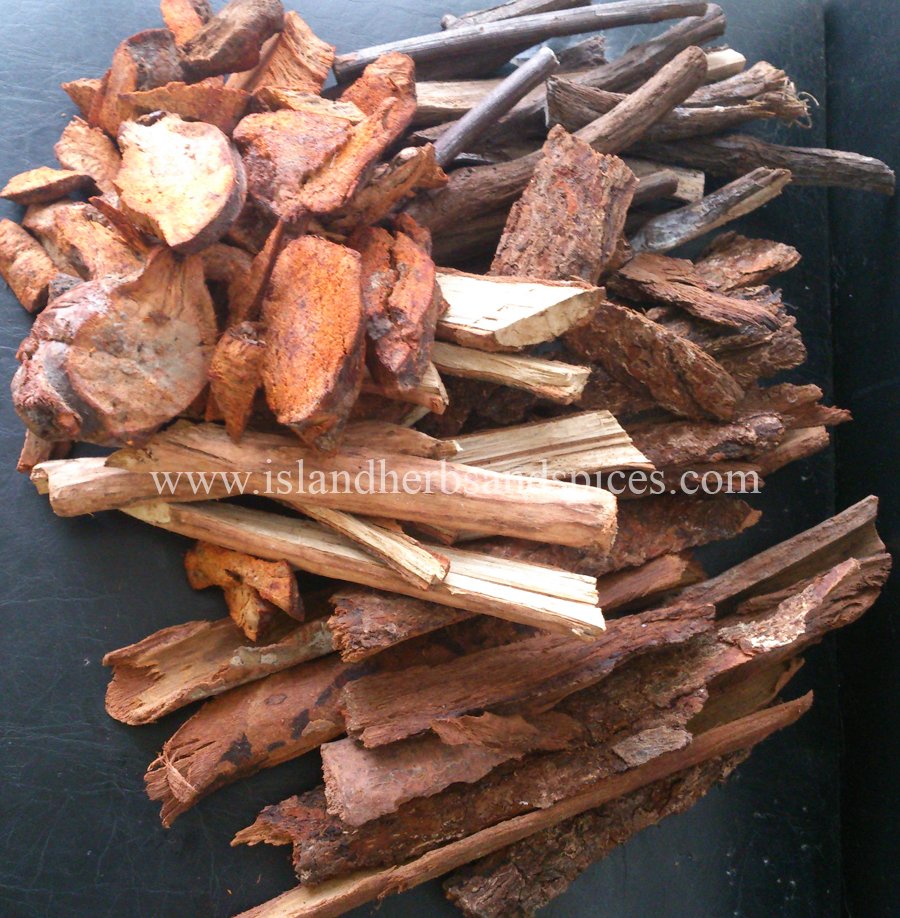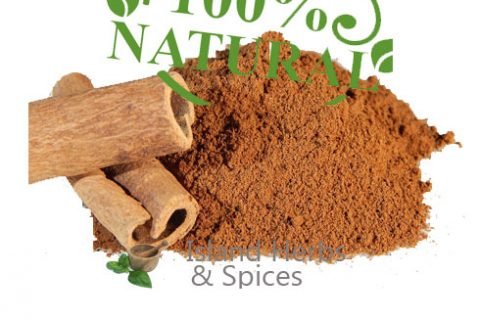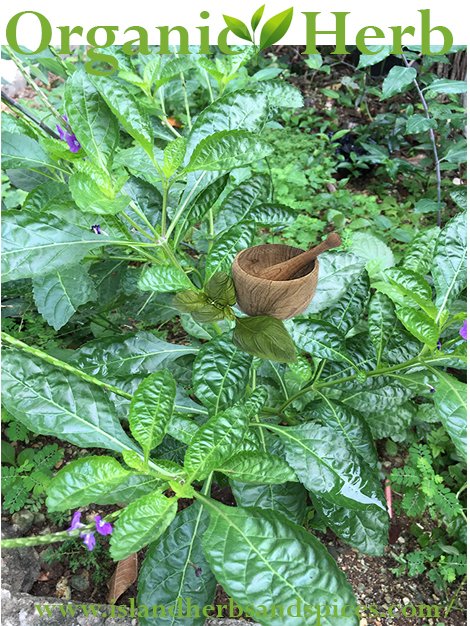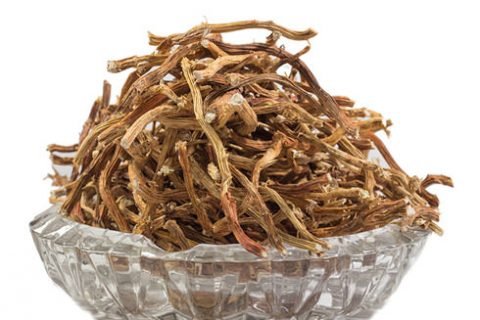Introduction
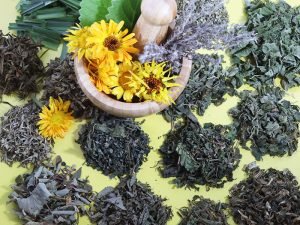 Storing dried herbs properly is essential to maintain their flavor, aroma, and potency. Whether you’re an avid cook, a tea enthusiast, or someone who appreciates the benefits of herbal remedies, knowing how to keep your dried herbs fresh is crucial. Improper storage can lead to mold, insect infestation, and loss of essential oils, rendering your herbs flavorless and ineffective. In this comprehensive guide, we’ll explore the best methods to store dried herbs, protect them from environmental factors, and preserve their natural qualities. We’ll also share industry secrets on how commercial tea companies keep their herbs fresh and why it’s essential to buy fresh dried herbs. At Island Herbs and Spices, we pride ourselves on providing freshly dried herbs with their oils and aroma intact, ensuring you get the highest quality products every time.
Storing dried herbs properly is essential to maintain their flavor, aroma, and potency. Whether you’re an avid cook, a tea enthusiast, or someone who appreciates the benefits of herbal remedies, knowing how to keep your dried herbs fresh is crucial. Improper storage can lead to mold, insect infestation, and loss of essential oils, rendering your herbs flavorless and ineffective. In this comprehensive guide, we’ll explore the best methods to store dried herbs, protect them from environmental factors, and preserve their natural qualities. We’ll also share industry secrets on how commercial tea companies keep their herbs fresh and why it’s essential to buy fresh dried herbs. At Island Herbs and Spices, we pride ourselves on providing freshly dried herbs with their oils and aroma intact, ensuring you get the highest quality products every time.
1. Understanding the Importance of Proper Storage
Storing dried herbs correctly isn’t just about keeping them in a jar and leaving them on the shelf. Herbs contain natural oils that give them their distinctive flavors and medicinal properties. When exposed to light, heat, air, and moisture, these oils can evaporate or degrade, leaving the herbs stale and ineffective. Proper storage preserves the essential oils, color, and potency of the herbs, ensuring they remain as fresh and effective as possible for longer.
- Light and Heat Exposure: Light and heat can cause herbs to lose their color and essential oils, resulting in a faded, flavorless product.
- Air and Moisture: Air exposure can lead to oxidation, and moisture can promote mold growth, both of which ruin the herbs’ quality.
- Insect Infestation: Insects are naturally attracted to dried herbs. Without proper storage, your herbs could become contaminated with unwanted pests.
2. Methods for Storing Dried Herbs at Home
To keep your dried herbs fresh, here are some effective methods to consider:
A. Use Airtight Containers
Airtight containers are the most common and effective way to store dried herbs. These containers prevent air, moisture, and pests from coming into contact with the herbs.
- Glass Jars with Tight-Fitting Lids: Glass jars are ideal because they are non-reactive and do not absorb the herbs’ essential oils. Make sure the lids fit tightly to prevent air from seeping in.
- Mason Jars: Popular for their durability and airtight seals, Mason jars are perfect for storing larger quantities of herbs.
- Vacuum-Sealed Bags: For long-term storage, vacuum-sealed bags remove air from the package, significantly extending the herbs’ shelf life.
- Dark-Colored Containers: If using glass, opt for dark-colored containers that block out light, which can degrade the herbs over time.
B. Store in a Cool, Dark, and Dry Place
The storage location is just as important as the container. Find a place in your kitchen or pantry that is cool, dark, and dry.
- Avoid Direct Sunlight: Exposure to direct sunlight can heat the herbs and degrade their quality.
- Keep Away from Heat Sources: Do not store herbs near stoves, ovens, or other heat-producing appliances.
- Low Humidity: High humidity can introduce moisture into your herbs, leading to mold growth. Aim for a dry area with minimal moisture exposure.
C. Freezing Dried Herbs
Freezing is an excellent option for preserving the flavor and potency of dried herbs, especially if you have a large quantity.
- Freezer Bags or Vacuum-Sealed Bags: Place the herbs in a freezer-safe bag, squeeze out as much air as possible, and seal tightly. Vacuum-sealed bags are the best option for removing air.
- Ice Cube Method: Freeze dried herbs in ice cube trays with a little water or oil. Once frozen, transfer the cubes to a freezer bag. This method is ideal for herbs you plan to use in soups, stews, or teas.
D. Desiccants and Oxygen Absorbers
Desiccants and oxygen absorbers are small packets that can be placed inside herb containers to absorb moisture and oxygen, preventing mold growth and oxidation.
- Silica Gel Packets: Commonly used to keep dried goods dry, silica gel packets can also be used in jars with dried herbs.
- Oxygen Absorbers: These packets help remove oxygen from airtight containers, extending the shelf life of the herbs.
E. Use of Mylar Bags for Long-Term Storage
Mylar bags are an excellent option for long-term storage, especially if you want to store herbs for several years.
- Heat-Sealable Bags: Mylar bags are heat-sealable, creating an airtight environment that blocks light and moisture.
- Combine with Oxygen Absorbers: For the best results, use oxygen absorbers inside Mylar bags to protect against oxidation.
3. Commercial Methods for Keeping Herbs Fresh
Commercial tea companies and large-scale herb suppliers often use more advanced methods to ensure the freshness and quality of their products. Understanding these methods can help you adopt similar strategies at home.
A. Controlled Atmosphere Storage
Commercial suppliers often use controlled atmosphere storage to maintain the freshness of dried herbs. This method involves adjusting the levels of oxygen, carbon dioxide, and humidity in the storage area to create an optimal environment for preserving herbs.
- Reduced Oxygen Levels: Lowering the oxygen levels in storage prevents oxidation, which can degrade the quality of the herbs.
- Humidity Control: Maintaining a low humidity level prevents moisture from causing mold growth.
B. Modified Atmosphere Packaging (MAP)
MAP is a packaging method that alters the atmosphere inside the packaging to extend the shelf life of dried herbs.
- Gas Flushing: The package is flushed with a gas mixture, typically nitrogen, to displace oxygen and prevent oxidation.
- Hermetic Sealing: Packages are sealed airtight to maintain the modified atmosphere and keep the herbs fresh.
C. Nitrogen Flushing
Nitrogen flushing is a common practice in the packaging of dried herbs and teas. It involves replacing the air in the packaging with nitrogen, an inert gas that does not react with the herbs. This prevents oxidation and keeps the herbs fresh for extended periods.
D. Vacuum Sealing
Vacuum sealing is a highly effective method used by commercial tea companies to remove air from packaging and prevent oxidation and contamination by insects or moisture.
4. Why Fresh Dried Herbs Matter
When buying dried herbs, freshness is paramount. Herbs that have been sitting in a warehouse for months, or even years, lose their potency, flavor, and aroma. Here’s why you should prioritize fresh dried herbs:
- Preserved Essential Oils: Freshly dried herbs retain their essential oils, which are responsible for their flavor and therapeutic properties.
- Better Aroma and Flavor: Fresh herbs have a vibrant aroma and flavor profile, making them more effective in cooking, teas, and herbal remedies.
- Higher Potency: Fresh herbs maintain their medicinal properties, offering more significant health benefits compared to older, stale herbs.
At Island Herbs and Spices, we pride ourselves on shipping freshly dried herbs directly to your door. Our herbs are carefully dried and packaged to preserve their essential oils and natural aroma, ensuring you receive the highest quality product. Unlike herbs that have been stored in warehouses for extended periods, our herbs are fresh, potent, and ready to use.
5. Signs of Freshness When Buying Dried Herbs
When purchasing dried herbs, it’s essential to know what to look for to ensure you’re getting a fresh product. Here are some signs of freshness:
- Vibrant Color: Fresh dried herbs retain a bright, natural color. If the herbs appear faded or brown, they are likely old and have lost their potency.
- Strong Aroma: Fresh herbs should have a strong, distinct aroma. If the scent is weak or musty, the herbs may be stale.
- Crumbly Texture: Freshly dried herbs should be slightly brittle but not overly dry. They should crumble easily between your fingers but not turn to dust.
6. Common Mistakes to Avoid When Storing Dried Herbs
Even if you’re using the best containers and storage methods, there are some common mistakes you should avoid to keep your herbs fresh:
- Storing Near Heat Sources: Heat accelerates the degradation of herbs, so avoid storing them near stoves, ovens, or windows.
- Frequent Opening of Containers: Each time you open a container, you expose the herbs to air, moisture, and light. Limit how often you open containers to preserve the herbs’ freshness.
- Not Checking for Pests: Insects can easily infiltrate herb containers. Regularly check your stored herbs for any signs of pests.
7. How to Revive Stale Herbs
If your herbs have lost some of their potency but are not moldy or infested, you can attempt to revive them:
- Toast Gently: Lightly toasting the herbs in a dry pan can help release their remaining essential oils and enhance their aroma and flavor.
- Grind Freshly: Grinding dried herbs just before use can release their essential oils, bringing out more flavor and aroma.
Conclusion
Storing dried herbs properly is essential to maintain their flavor, aroma, and potency. By using airtight containers, keeping them in a cool, dark, and dry place, and utilizing commercial techniques like vacuum sealing and nitrogen flushing, you can ensure your herbs stay fresh for longer. Always buy fresh dried herbs to enjoy their full benefits and avoid products that have been sitting in warehouses for extended periods. At Island Herbs and Spices, we are committed to providing you with freshly dried herbs, rich in essential oils and natural




